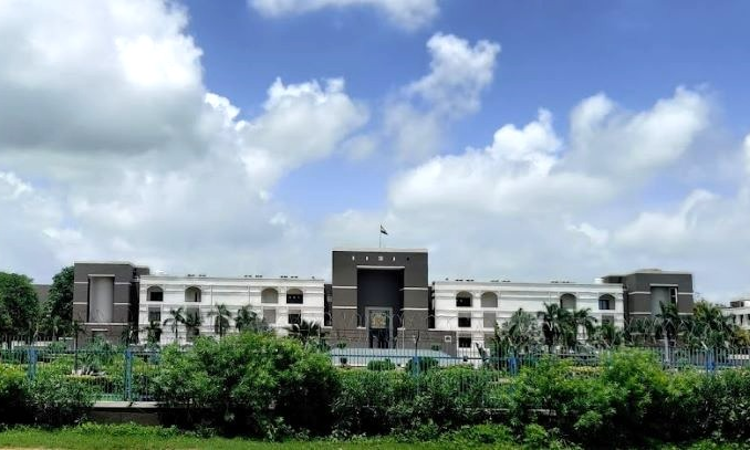Police Atrocities| Gujarat High Court Urges State To Install CCTV Cameras, Follow DK Basu Guidelines
PRIYANKA PREET
12 May 2022 2:45 PM IST

Next Story
12 May 2022 2:45 PM IST
The Gujarat High Court recently recommended that the State government take initiatives to implement the guidelines issued by the Apex Court in the DK Basu v. State of West Bengal and to install CCTV cameras with night vision and maintain their records for 6 months to deal with police atrocities in the region.A Bench comprising Justice Sonia Gokani and Justice Mauna Bhatt was hearing a...
